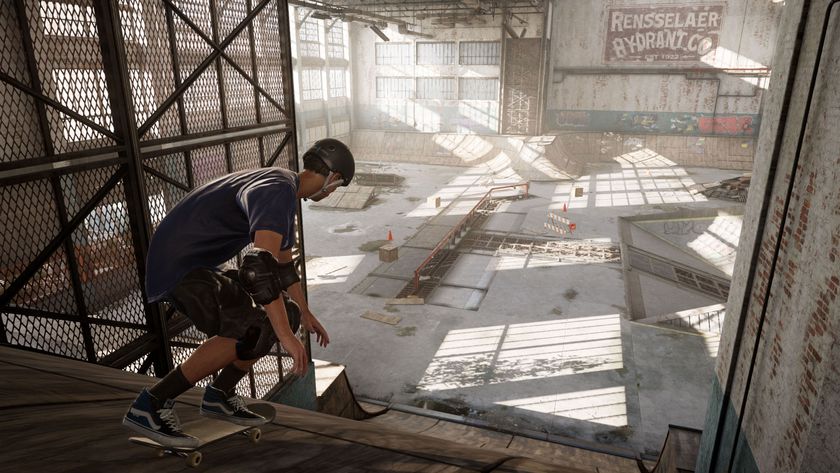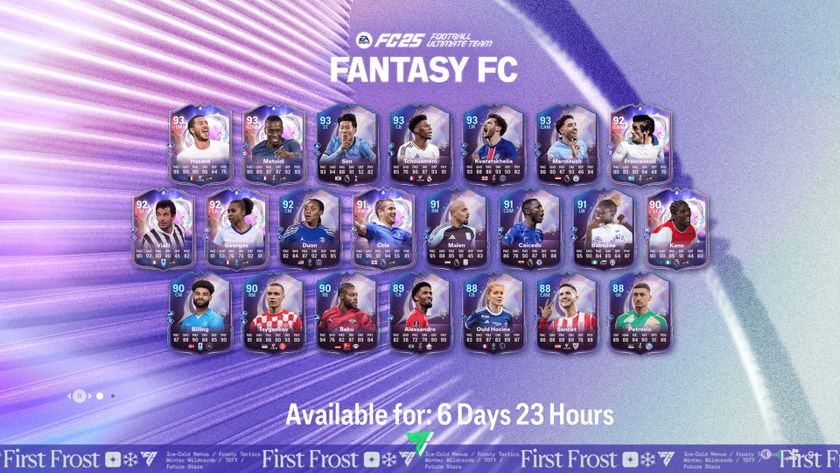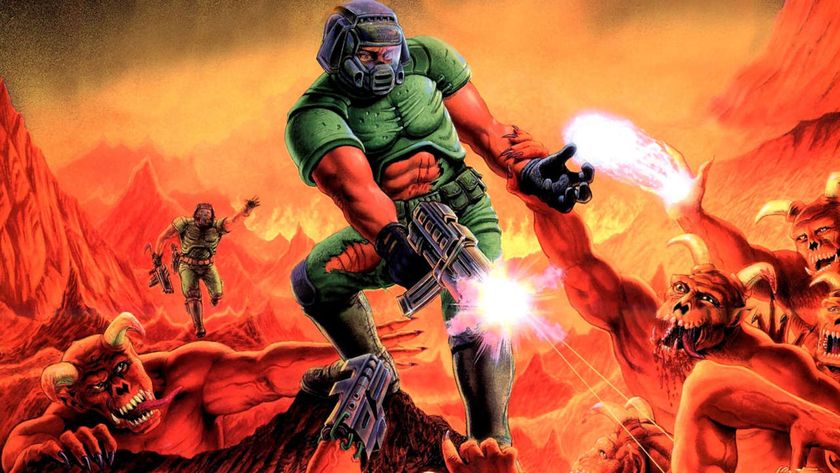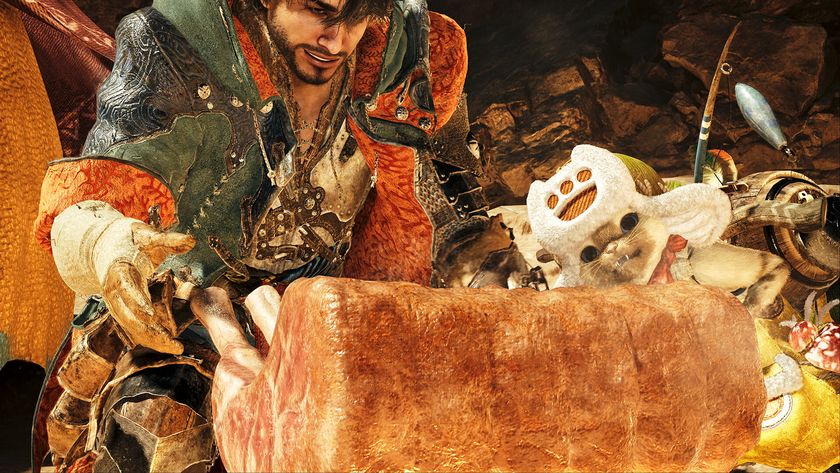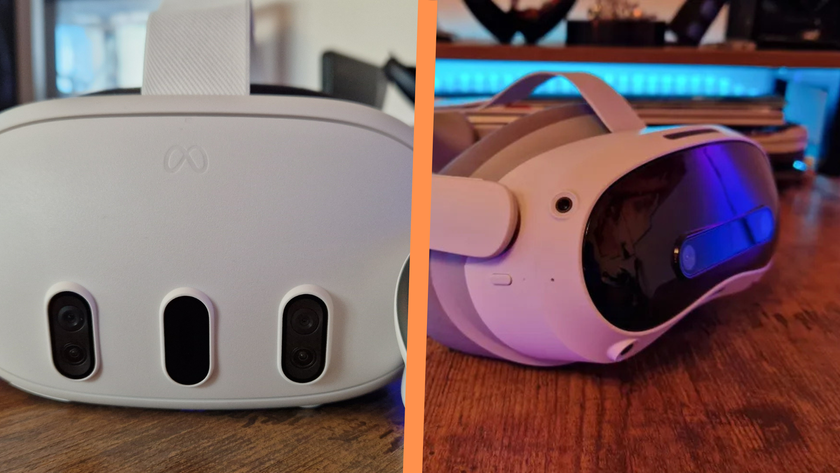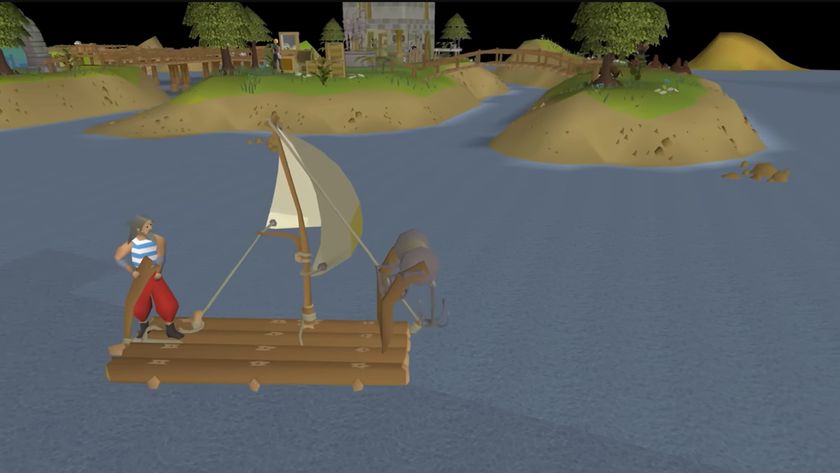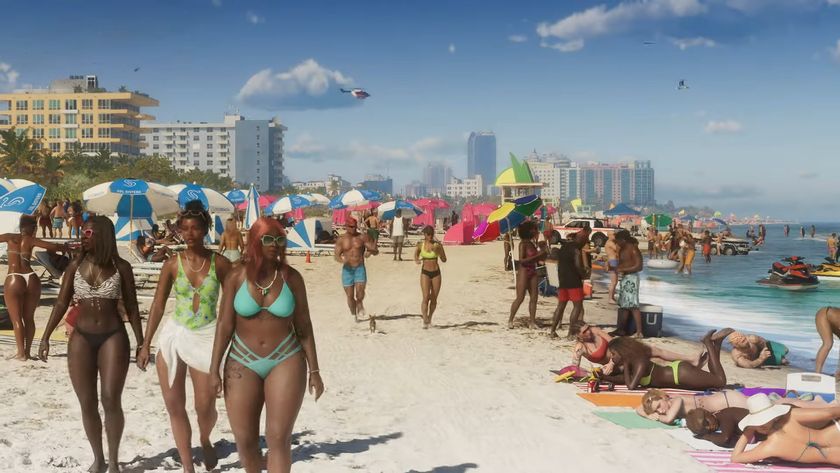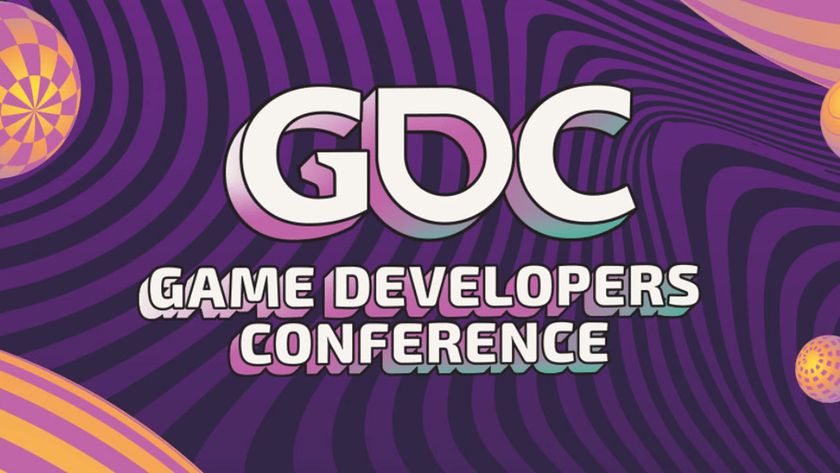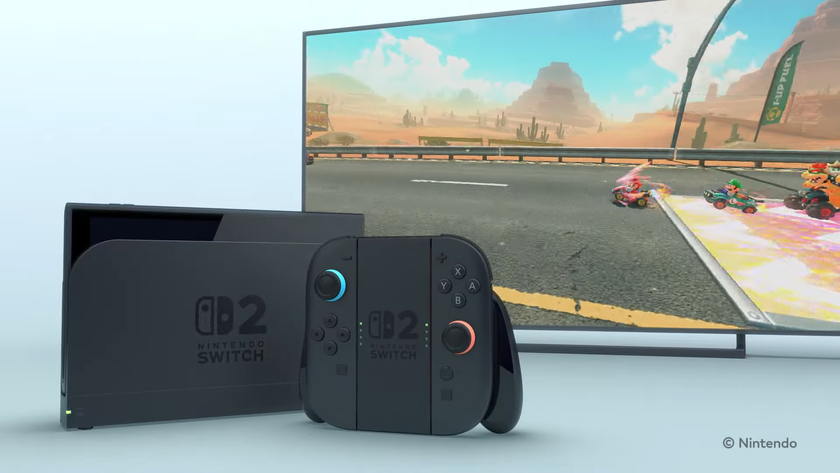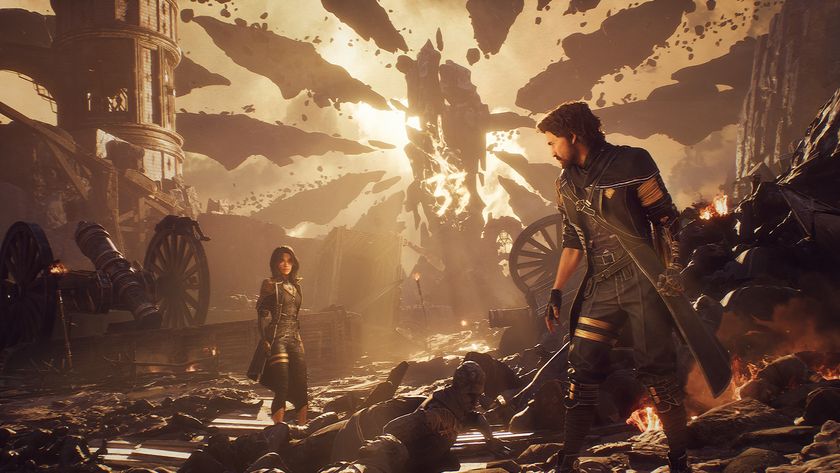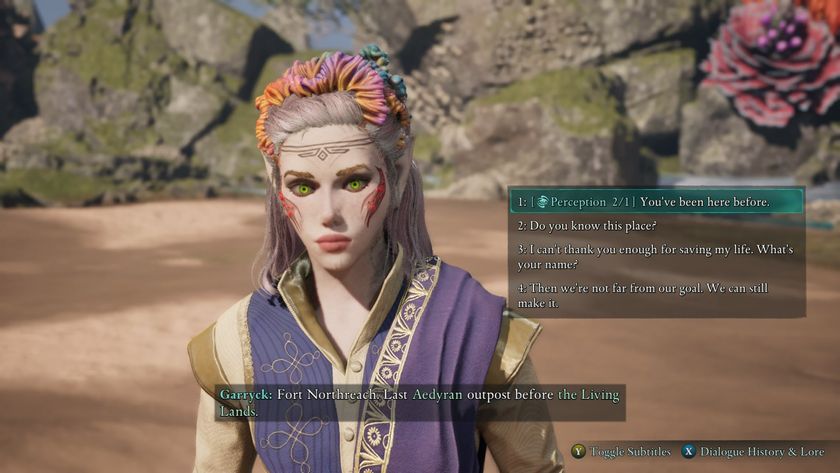...and mature, original IPs began to thrive
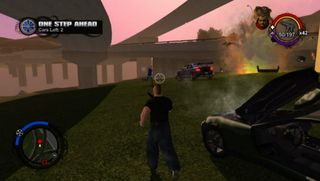
But perhaps more notable was the fact that THQ had managed to diversify and mature its games portfolio around this time too. The developers it had acquired and/or worked with over the years were the companys real all-stars. Volitions Red Faction and Saints Row games largely succeeded. Blue Tongue produced both licensed kids games and the charming de Blob series for the Wii. Pandemic lent its hand for the first two Destroy All Humans! titles, and the Full Spectrum Warrior series. Rainbow put out the typically reliable MX vs. ATV series of racing games. Later on, Vigil would contribute the underappreciated Darksiders; ditto with 4A Games and Metro 2033. Relic came to be known as one of the industrys premier developers for its work on the Dawn of War (itself based on the Warhammer 40K license) and Company of Heroes titles. (Also, 50 Cent: Blood on the Sand. That is all.)
These games didnt always have spectacular sales or critical reception, but they lent a certain sense of legitimacy to a company long known for relying on existing ideas for success. THQ had something for gamers of all kinds by the later part of the 2000s, and hit its highest revenues and profits ever in 2007.
Things begin to slide, part deux
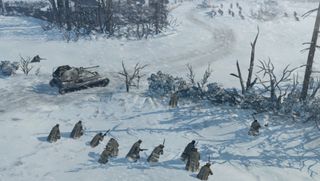
Then the bad stuff started. THQs revenues and profits began their sharp, unending decline in 2008. In truth, the companys great fall happened for a number of reasons. The most obvious is the Great Recession of the time; it was a disaster in the late 00s, and its largely a disaster now. The way it slammed consumers across the globe and devalued the US dollar certainly didnt do any favors for the gaming industry--THQ included.
But plenty of game companies have made it through those rough times well enough. The thing that unfortunately caused THQ to stand out from the bunch was simple: bad decision making. Misguided ideas seemed to permeate all aspects of the companys management over those last few years, so lets take a brief look back at a few of the more notable ones.
Cause of death I: THQ refused to let the kids grow up
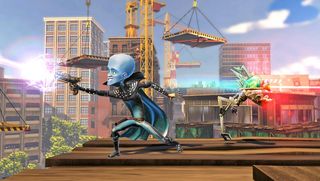
First among these bad ideas was the companys elongated reliance on the licensed childrens games market. What little reputation kiddie games had was basically destroyed by the waves of terrible titles released over this past generation of consoles. More significant, though, was the concurrent rise of modern smartphones and tablets. Mobile hasnt killed console gaming, as some would suggest, but that doesnt mean it hasnt killed parts of it. Android and iOS devices today come jam packed with thousands of cheap (or free) games, most of which are tailor made for childrens fickle attention spans.
The fact of the matter is that a free download of Angry Birds simply does it for many younglings. And it certainly does it for the parents who dont have to shell out $40-60 for the kind of game that has a good chance of being an inferior product. Kids games were always an enormous part of THQs business, which likely caused the company to hang on for just a little longer. By the time it shuttered its final childrens game studio in 2011 in a last ditch effort to instead focus on the core, the damage was just too much to repair.
Cause of death II: THQ overestimated its worth

This is an admittedly broad explanation, but the core idea that seemed to be behind many of THQs bad decisions in the late '00s was that it thought it was bigger than it was. It had reached some outstanding high points, without a doubt, but nobody really believed (nor should have believed) that THQ would be on the level of Activision, Ubisoft, or EA in the near future. Well, nobody besides THQ.
Sign up to the 12DOVE Newsletter
Weekly digests, tales from the communities you love, and more
Kaos Studios 2011 Homefront was one of the companys highest-profile failures. From its start, THQ tried hyping it to the moon, saying that the folks who made the less-than-stellar Frontlines: Fuel of War would now be making a competitor to Call of Duty. Confidence is all well and good, but the problem was that THQ (and by extension, Kaos) never had any real vision for the game besides making it as good as COD. THQ thought it could make it happen by just throwing more money and man hours at it. So when Homefront inevitably flopped, losing the company tens of millions of dollars, the only people that couldve been surprised were the ones that worked at THQ. Thats not a good sign.
Cause of death III: No, seriously, THQ really overestimated its worth
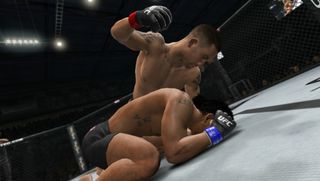
The tragic trial of Homefront wasnt the only instance in which THQ overvalued itself during its final years. Just look at how it treated its WWE and UFC franchises, whose sales underwhelmed despite the fact that they were two of the companys best sellers. The thing is, being a best seller for THQ never meant being an absolute world beater. Last years WWE 13 sold just under 2 million copies, while UFC Undisputed 3--a license which at first did well, and then dropped off--has done worse.
Thats just not going to cut it in todays blockbuster-driven market. Now, thats not to say selling in the 2-3 million range is chump change, but the amount of money THQ paid for the licenses to these and other franchises was often pretty high. Too high, it turned out, to justify games based on licenses that just arent enormously popular, relatively speaking.
Cause of death IV: You dont understand how much THQ overestimated its worth
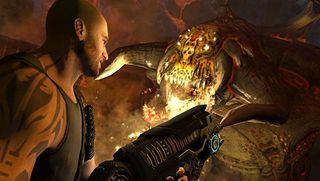
If that doesnt get the point across, then look at how THQ handled the fabled Warhammer 40,000 MMO, Dark Millennium Online. In 2007, the company put Vigil Games on an IP that, again, wasnt exactly worth the price of admission. Talented people dwelled on it for years, and THQ eventually slashed the MMO aspect from it last March. The game was officially cancelled this year, and the money spent on it was labeled massive wasted capital.
The same thing goes for Red Faction, a once beloved series that was annihilated in 2011 by an unpopular sequel (Red Faction: Armageddon), and in turn completely backfired despite THQs new core-only mentality. Just as was the case with Homefront, THQ threw too much money at Red Faction: Armageddons marketing in hopes of buying word-of-mouth success, even producing a SyFy movie in order to hype the game. The list of unfortunate decisions goes on and on.
Cause of death V: the uDraw

None of those unfortunate decisions will go down in greater infamy than THQs uDraw GameTablet. Originally released for the Wii in 2010, the uDraw was, well, a thing players could draw on. It let players doodle and sketch their way through family-friendly games and saw some modest success on its initial run, but when THQ attempted to bring uDraw over to the PlayStation 3 and Xbox 360 a year later, the wheels started to come off for good. And by that, we mean that nobody bought it.
THQ dumped tens of millions of dollars into producing and manufacturing millions of non-Wii uDraws, only to be met with the predictable cold shoulder from PS3 and 360 players. It was yet another case of blind overconfidence. When the dust had settled, THQ was left with a whopping 1.4 million unsold uDraw units, which were good for a total revenue loss of about $100 million. Whatever chance the company had at a full rebound was likely killed then and there.
Developers start to close
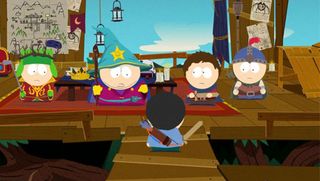
These bad decisions, combined with the evolving gaming landscape, caused THQ to slowly and painfully dissolve from 2008 to the present day. Over the span of those 5+ years, the company closed, sold, or lost over 20 (20!) separate studios, from Kaos to Blue Tongue to THQ Digital Warrington to Big Huge Games (whose luck didnt get any better).
The Red Faction and MX vs. ATV series were placed on hiatus. Its mobile and wireless division was sold off in 2011, and the UFC license was lost to its longtime rival EA (who else?) in 2012. Intriguing upcoming titles like Devils Third and the Guillermo del Toro-directed inSANE had to be let go, while flagships like Metro: Last Light and South Park: The Stick of Truth were delayed across the board. Hundreds of jobs were lost over the period, and a net loss of almost $240 million was reported for the fiscal year ending March 2012.
Things fall apart

The aforementioned shift to only publishing core IP titles was a matter of too little, too late. Games like Saints Row: The Third, Darksiders II, Company of Heroes and Metro 2033 proved that THQ could produce excellent hardcore offerings, but they were attached to a name that had built itself on decades of subpar licensed and kids games. Some of them sold well, all things considered, but none could really ever be the runaway blockbuster THQ sorely needed.
It had to scale back and change direction much sooner than it eventually did. Naughty Dog co-founder Jason Rubin was brought in as the companys new President in 2012, and last-ditch efforts like the THQ Humble Bundle spurred some final hurrahs, but the writing was on the wall in permanent ink. By the end of 2012, THQ had defaulted on a $50 million loan from banking company Wells Fargo, was delisted by Nasdaq, and filed for Chapter 11 bankruptcy. It was the end.
The assets are acquired
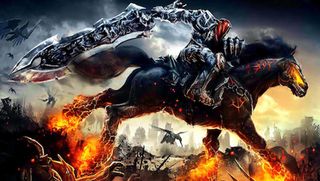
Which brings us to today, and the massive auction that started this whole journey through THQs history. Rubin and company originally wanted the company to be sold as a whole, but creditors refused, and THQs assets were sold off one by one--laying off even more employees in the process.
Now, Volition and the Metro franchises belong to Koch Media. Relic is a part of Sega. THQ Montreal (and just-acquired Assassins Creed creator Patrice Dsilets) works for Ubisoft. Crytek owns Homefront. Take-Two is in charge of Turtle Rock Studios Evolve project. The remains of Vigil are now Crytek USA. Destroy All Humans, Darksiders, de Blob, and THQ itself belongs to no one. A former gaming giant took too many hits, made too many poor decisions, and suffered from too much bad luck in too short of a time period. Today, it has been reduced to memory.
